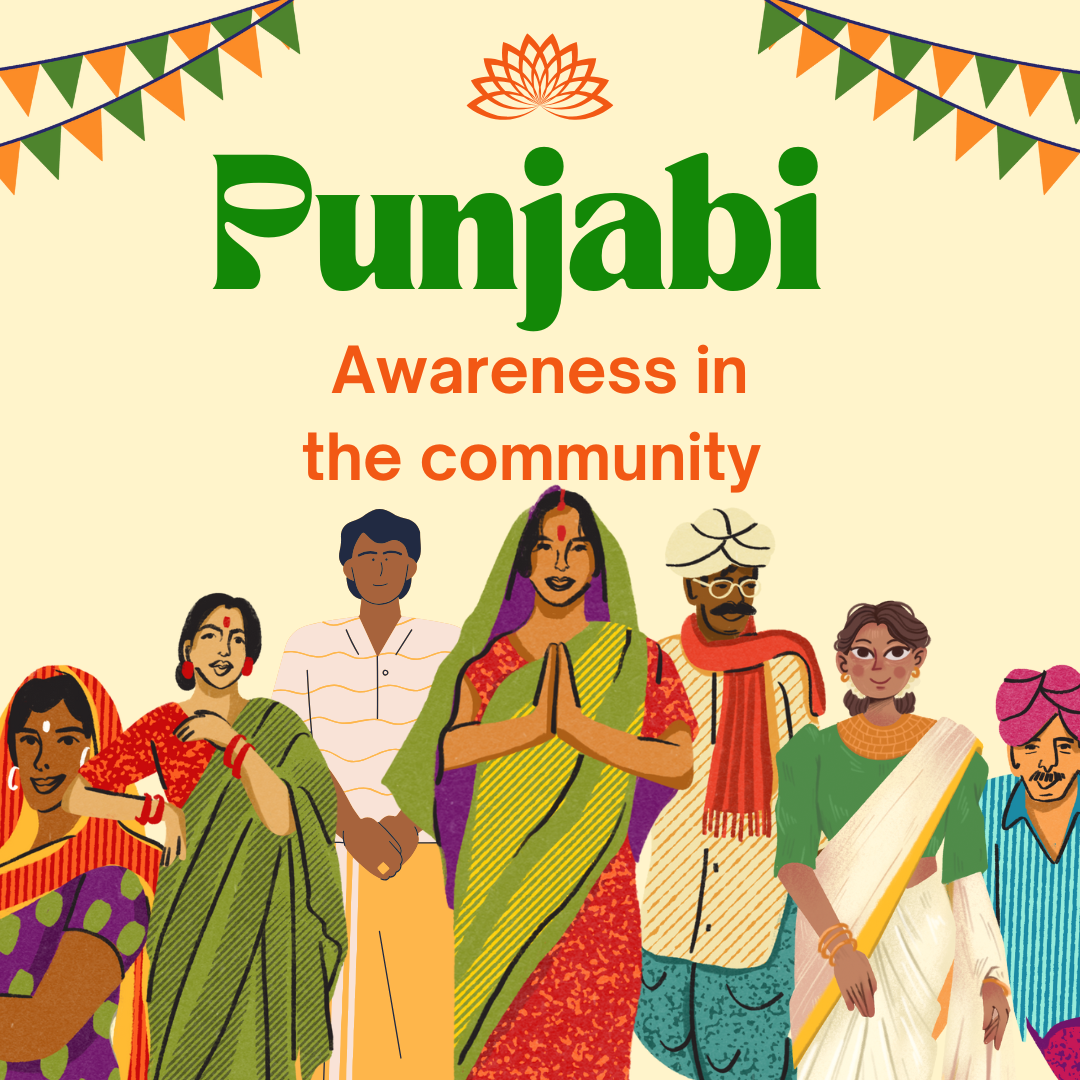Steven Barker
Managing Editor
Pros: Cons:
+At times endearing, if to a fault -Characterization is too limited
+Fluid style of writing -Quality of writing is inconsistent
-The main plot seems like an afterthought
-Some passages seemed unnecessary
Rating: 2.5/5
Centering on efforts to thwart a human trafficking group and the budding relationship between the battered Raina Kapture and the compassionate Kas Pierce, Karen-Anne Stewart’s novel, “Saving Rain,” – the first novel in the “Rain” trilogy – is a 348-page appeal to your heartstrings. However, while the novel has a fluid style and occasional warming moments, the novel’s limited characterization and inconsistent development of the prose and plot result in a book with honorable intentions, yet underwhelming results.
Opening with an attempt at rape by Raina’s abusive boyfriend Chris, the following resolution to the action is emblematic of the entire novel: Kas saves Raina and tries to comfort her. Trying to heal Raina of her insecurities and wariness around men, Kas reveals his endearing personality, spending the entire novel trying to purge Raina of her memories regarding a childhood pervaded by abuse and sexual molestation. Despite occasional scenery changes (the main setting changes from Kas’ cabin to Raina’s after Chris is jailed for abusing Raina), the storyline remains the same – Kas and Raina’s budding relationship is thwarted by Raina’s recollection of her past.
Unfortunately, Raina’s glaring need for redemption dooms the novel’s characters. Raina can only be healed by a man of unending compassion, so who else may Kas become but the pigeonhole Stewart has left for a male companion? And if Kas is to remain likeable throughout the novel, who else can he befriend but other likeable characters? And who else can he dislike but base human traffickers or figures from Raina’s abusive past? Such is the case with Stewart’s other characters. Every character is, at heart, one adjective. All villains are evil in every occurrence, while every hero is unmistakably good; however, because the characters are so inflexible, so entrenched in their good versus evil dichotomy (and because people are adaptable, always growing in relation to their settings in real life) the characters don’t feel real.
The main plot of the novel similarly feels like an afterthought. Preceding the novel, Stewart wrote the following: “Dedicated to all of the survivors and the heroes who help them.” While Stewart’s intentions are noble, Raina’s and Kas’ fight against human trafficking is almost lost in comparison to the laborious descriptions of their relationship. A series of chapters is dedicated to Raina’s stay in Kas’ cabin, but when the fight against human trafficking ensues, the action is rushed – either Raina has to crack a computer encryption, or Kas and the FBI lead an unrealistically successful, seamless raid on a trafficking group. As with characterization, this plotline too receives little development, which comes as a disappointment with Stewart’s dedication in mind.
What was of the greatest disappointment, however, was that this novel could have been so much greater than what resulted. The following excerpt occurs on the novel’s second page, when Raina is trying to escape Chris’ attempts to rape her:
On any other night, she would spend time enjoying the ethereal light of the early April moon and the magnificent cherry tree blossoms that only present their exquisite beauty this time of year, but tonight she barely registers anything as she flees into the welcoming darkness, oblivious to the bewitching spring night (2).
Descriptions like these, in which our senses are forced to imagine for ourselves the setting and find our own satisfaction in the writing, are so rare throughout the novel that, when one finds them, one marvels at Stewart’s potential. However, because such descriptions are so scant, the successive passages leave a sour aftertaste. If Stewart had dedicated more time to developing more passages like the one above, the novel could have evolved into something greater, a novel whose romantic charm was empowered by the author’s artistic merit. Instead, the novel’s insistence on a resolution compromises all else.
Nevertheless, fans of Nicholas Sparks will delight in “Saving Rain.” The romance, like in Sparks’ novels, is light and charming in passages, even if the writing is, at times, excessive. Furthermore, Stewart’s style is fluid and easy to read. Unfortunately, one will finish the novel wondering at what-might-have-been, rather than appreciating what is.




